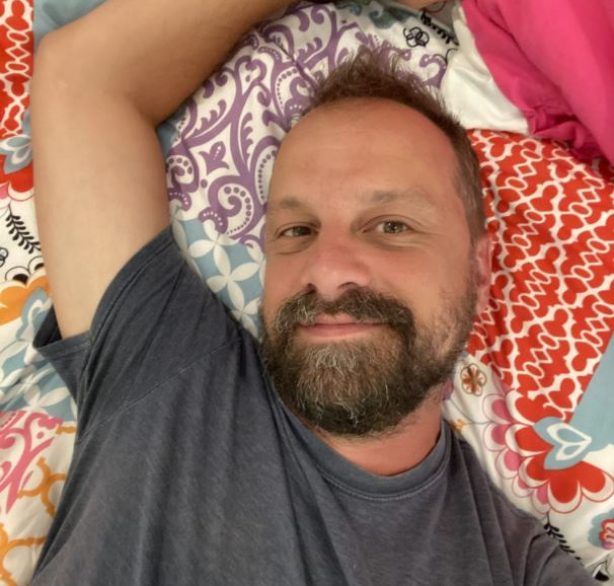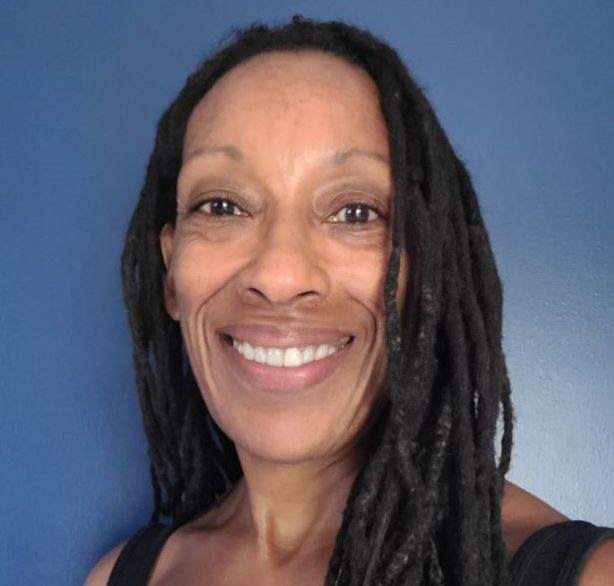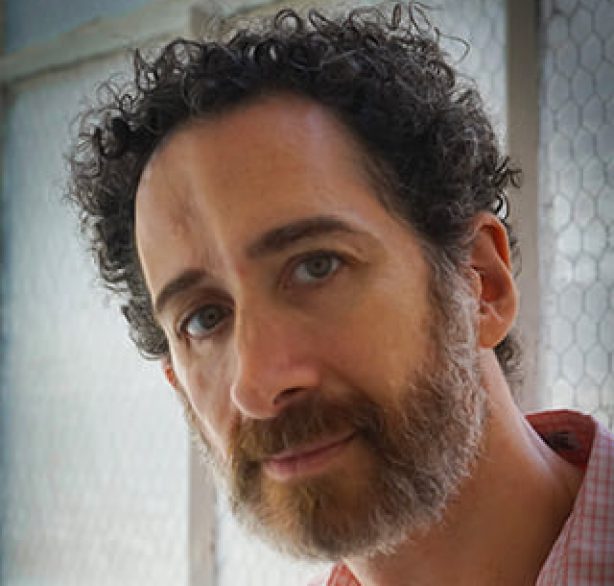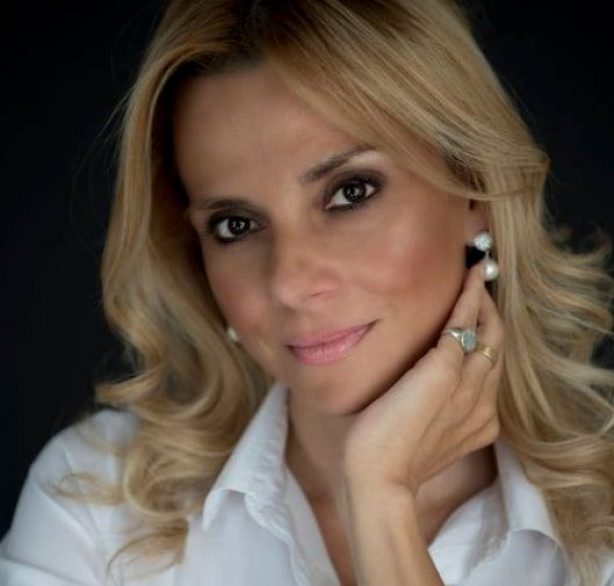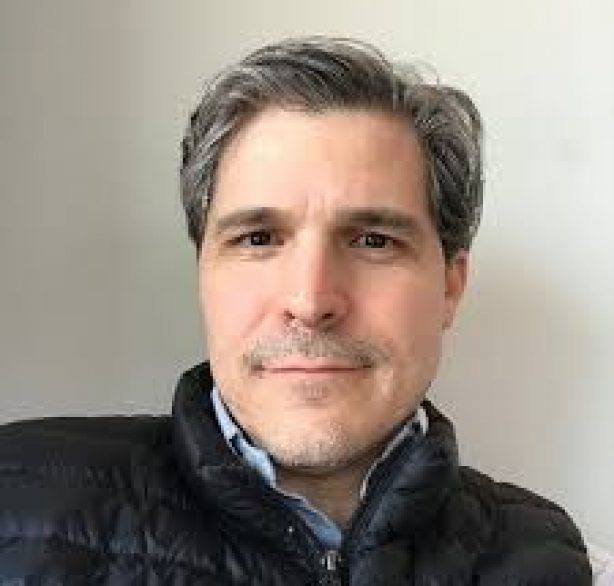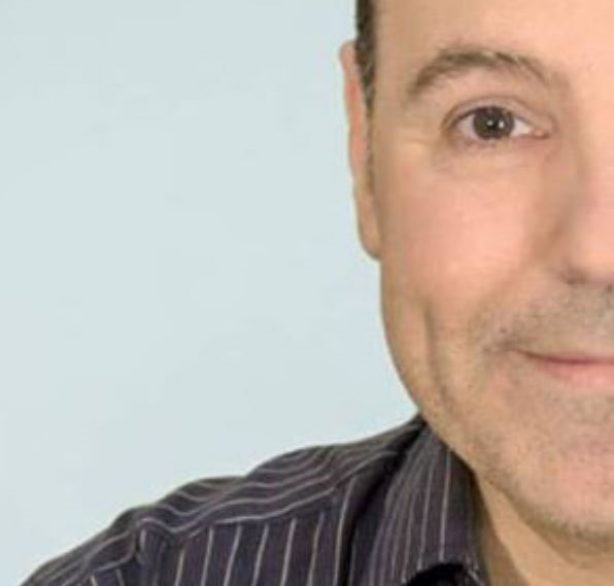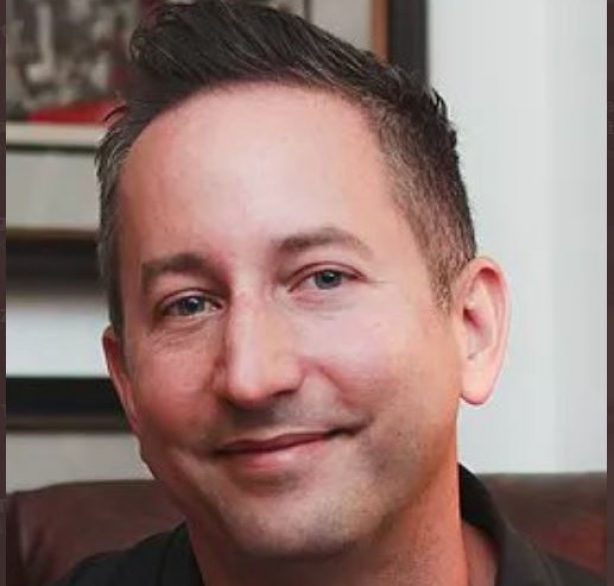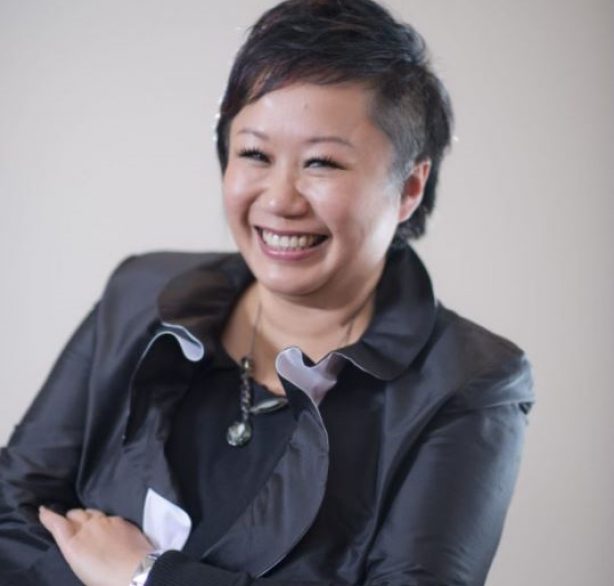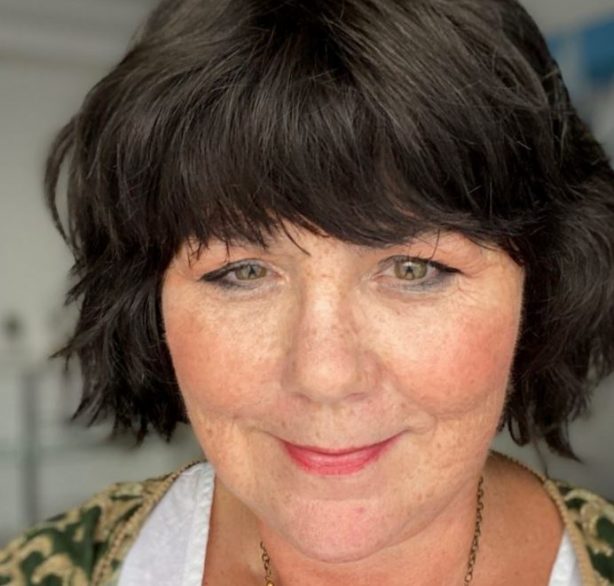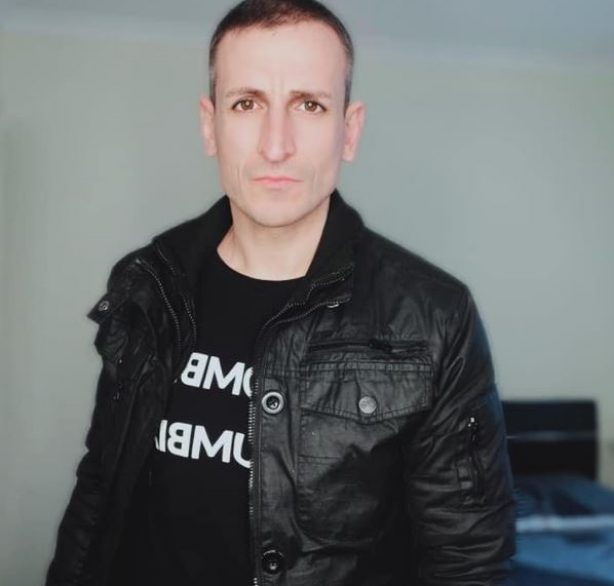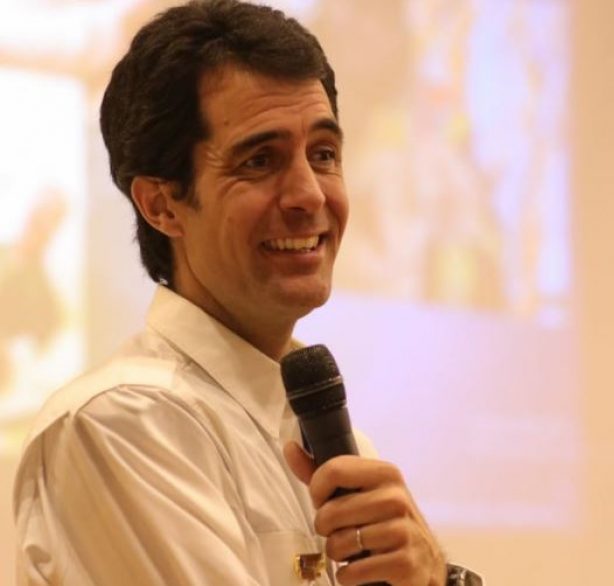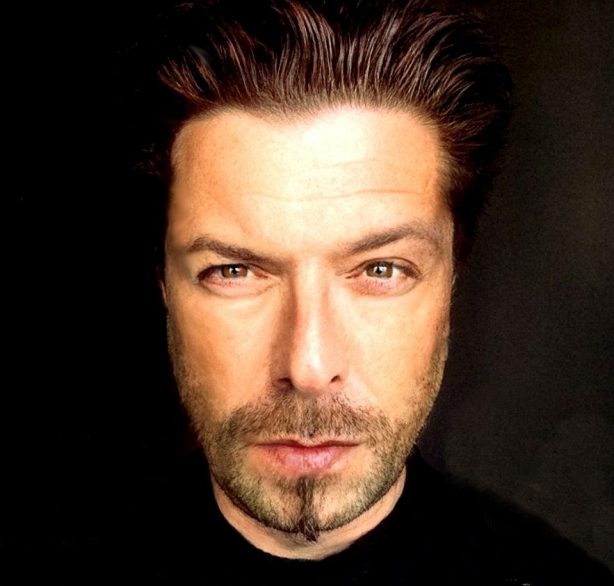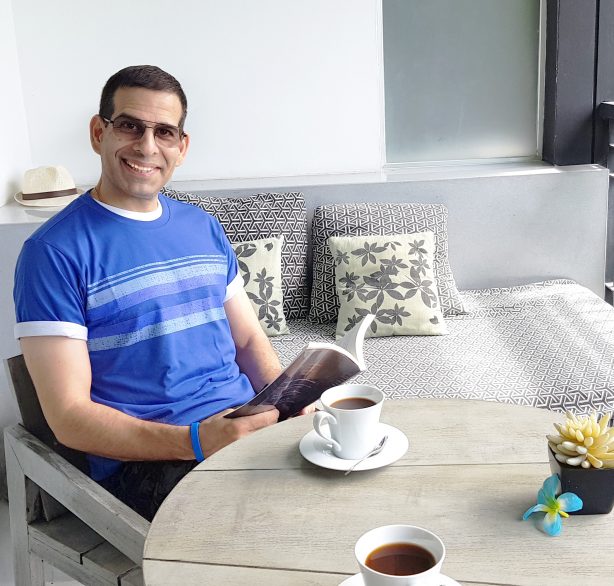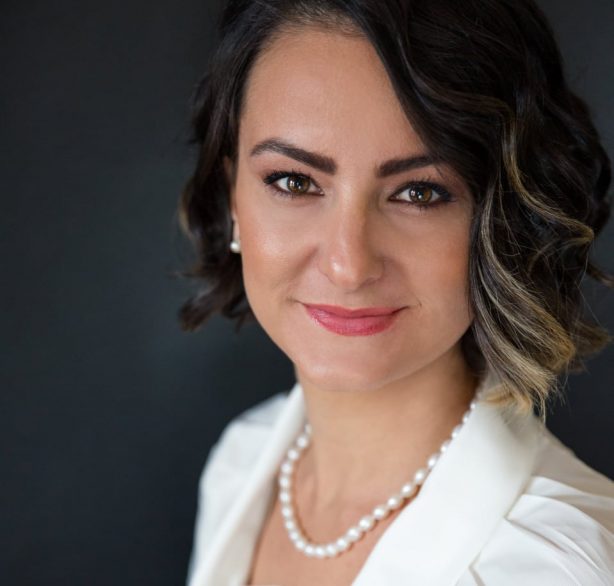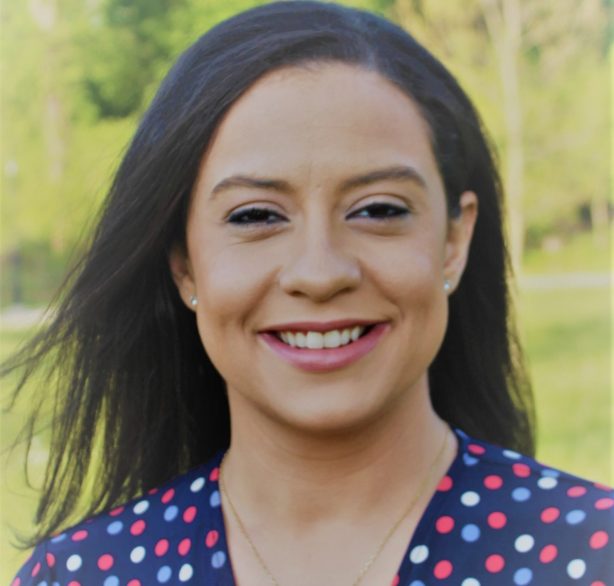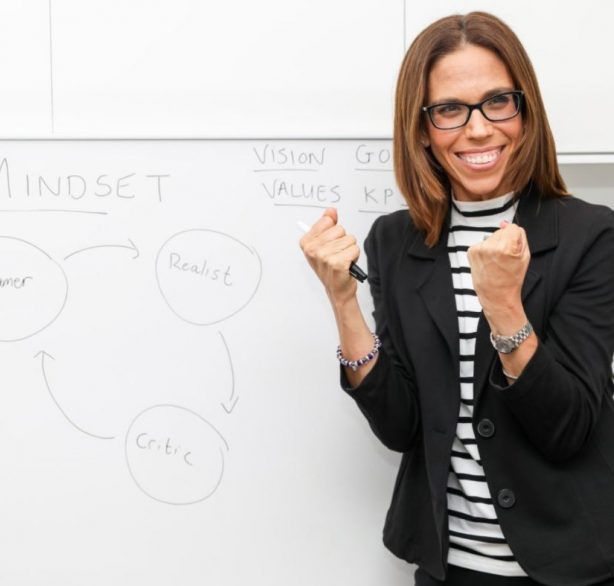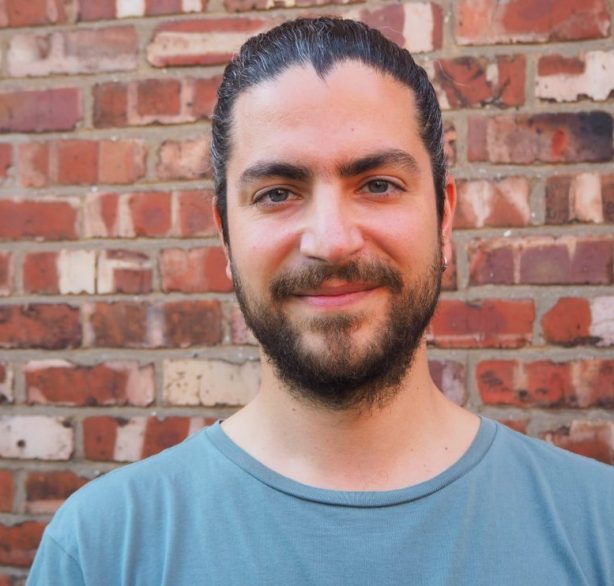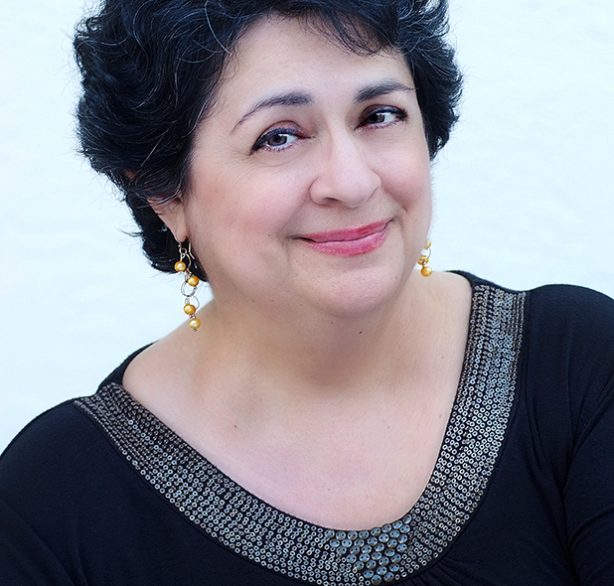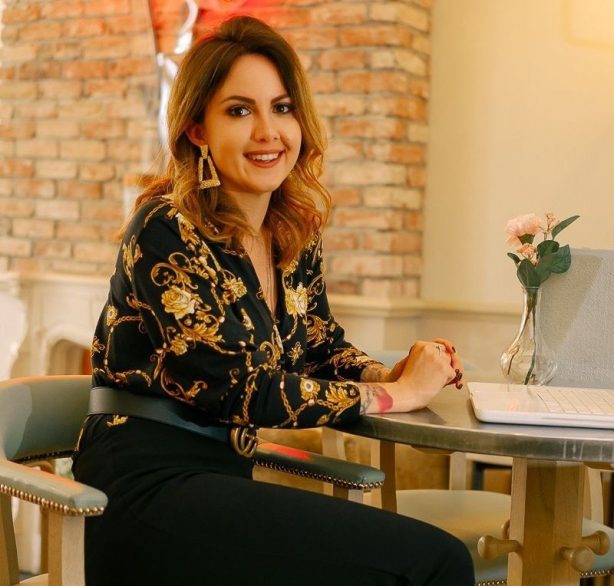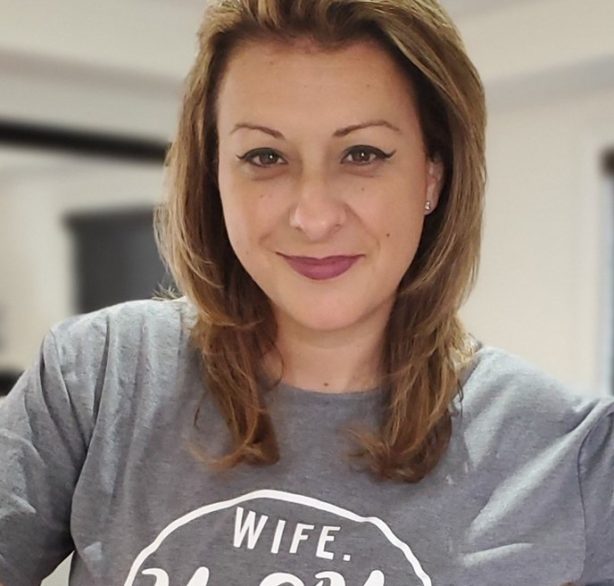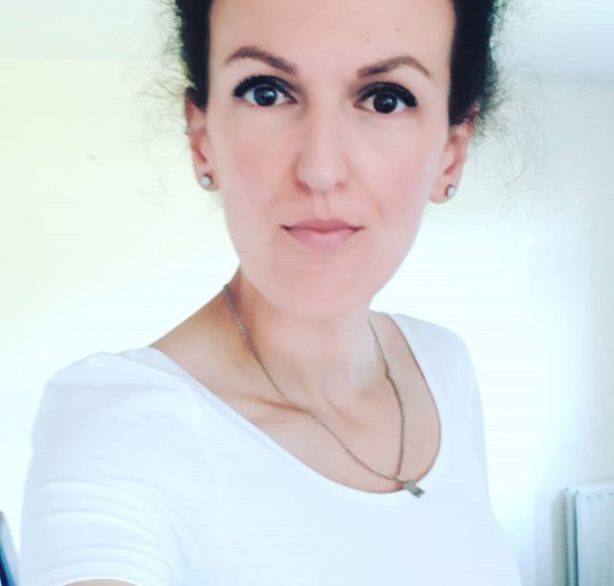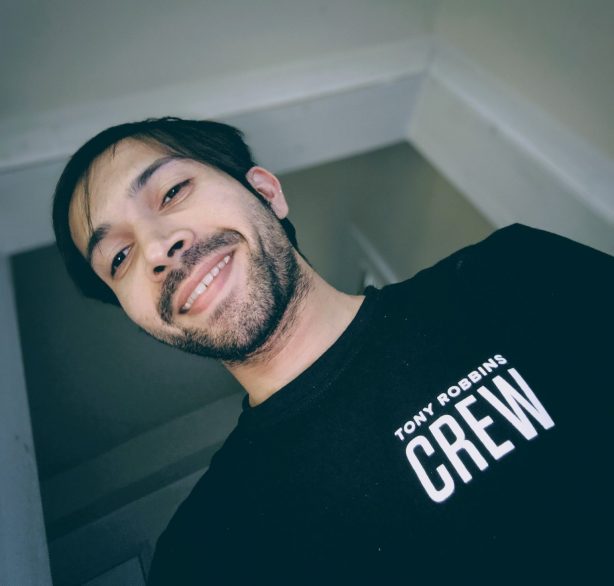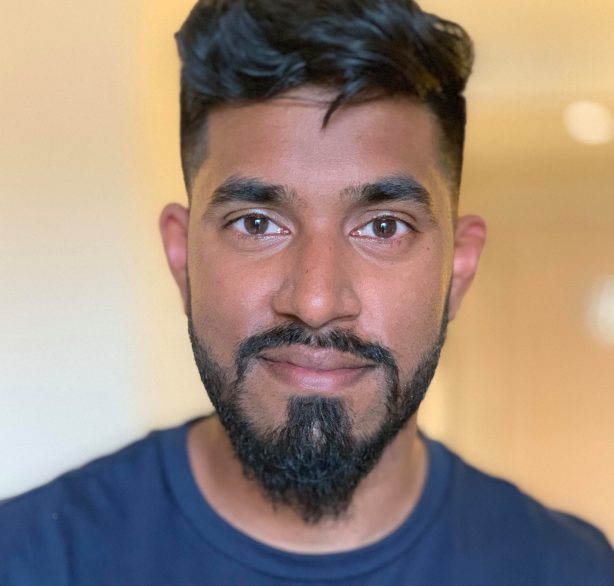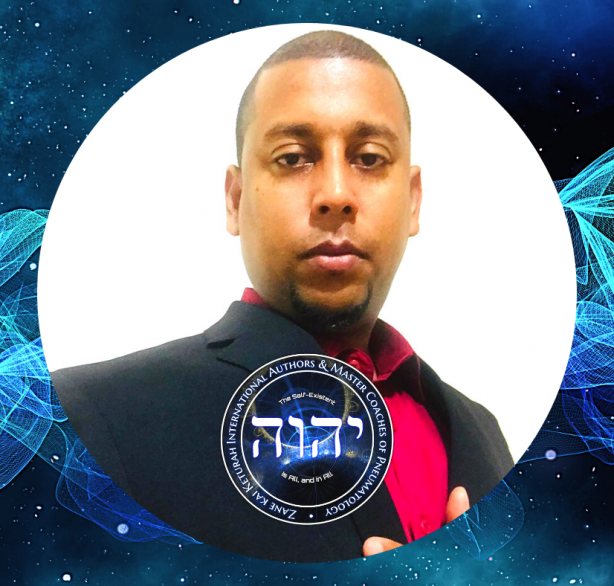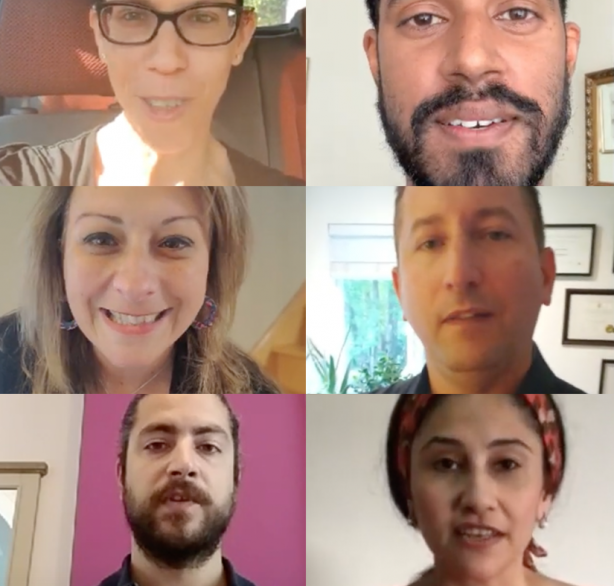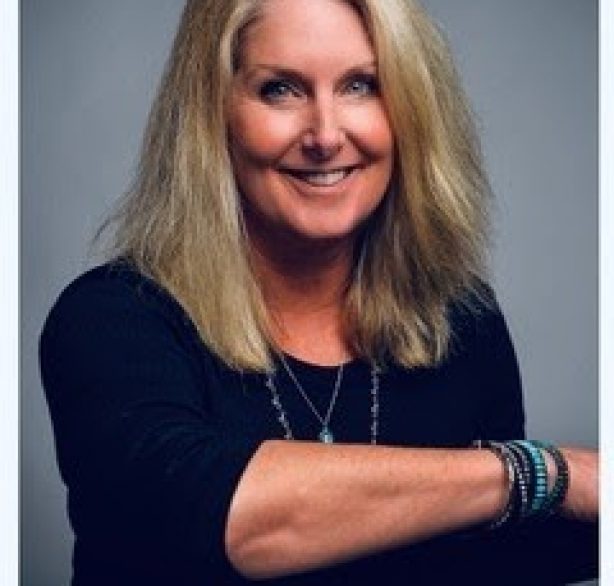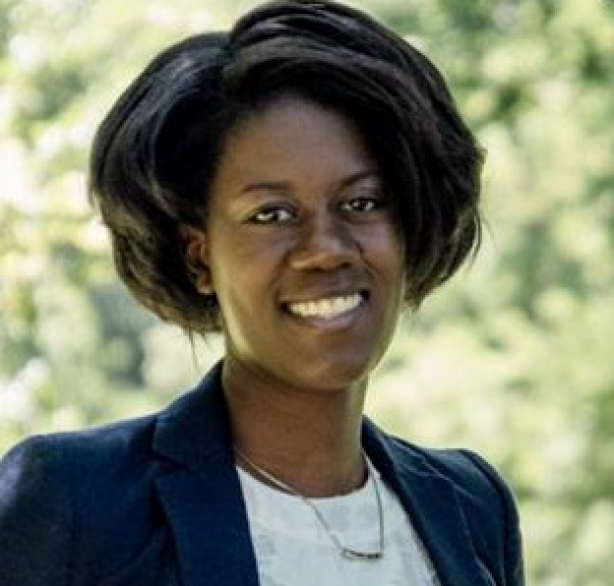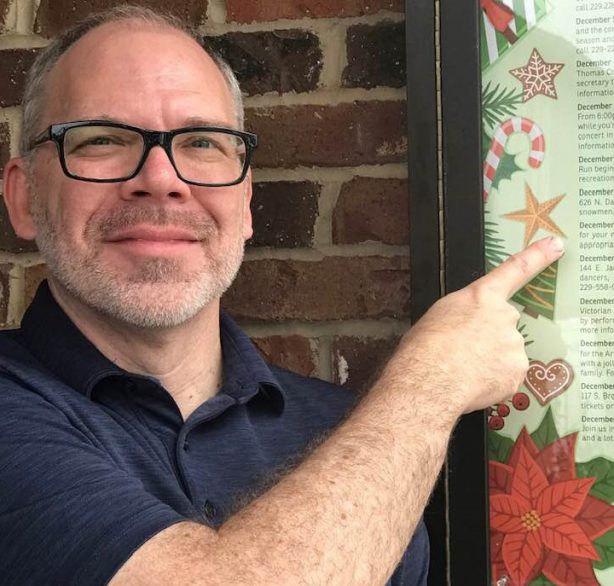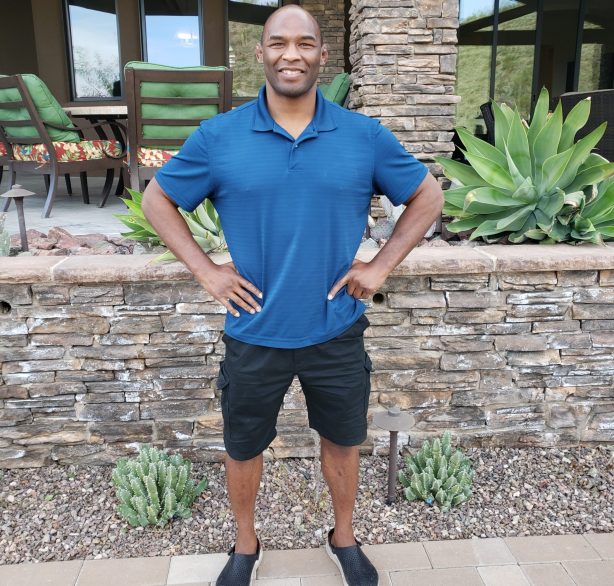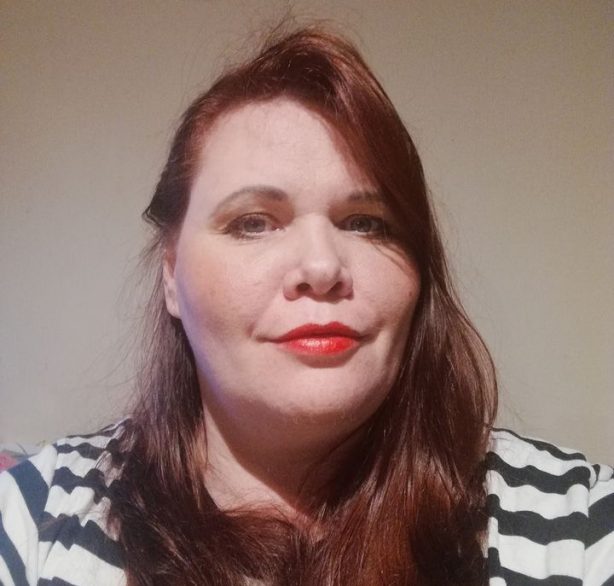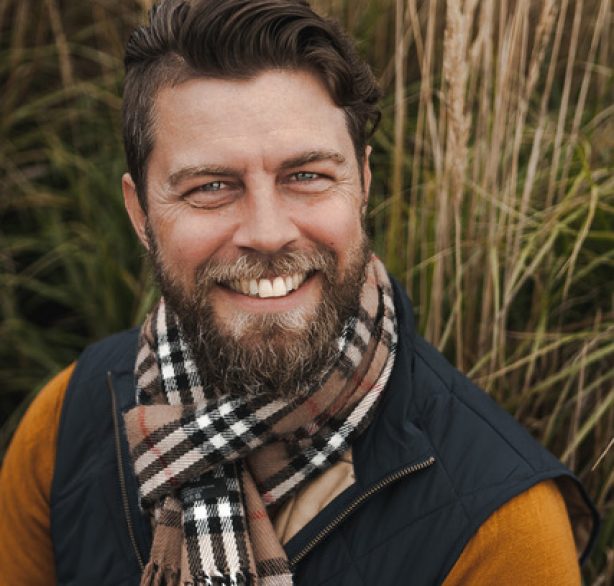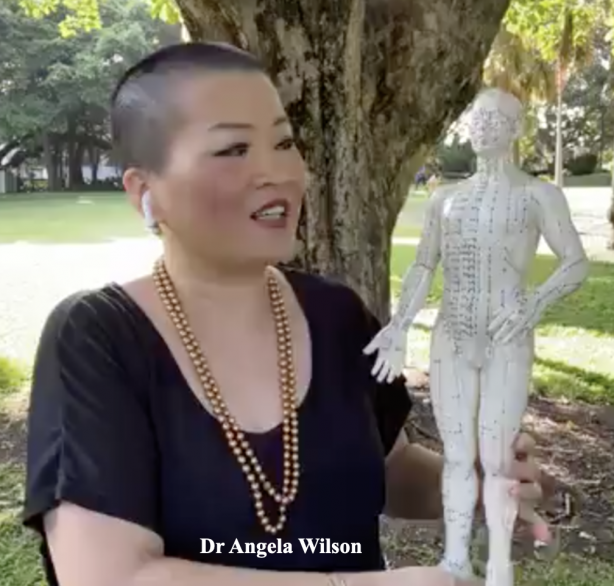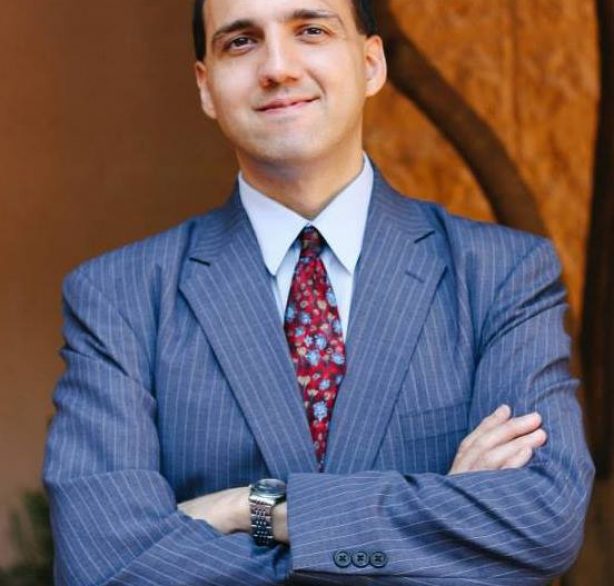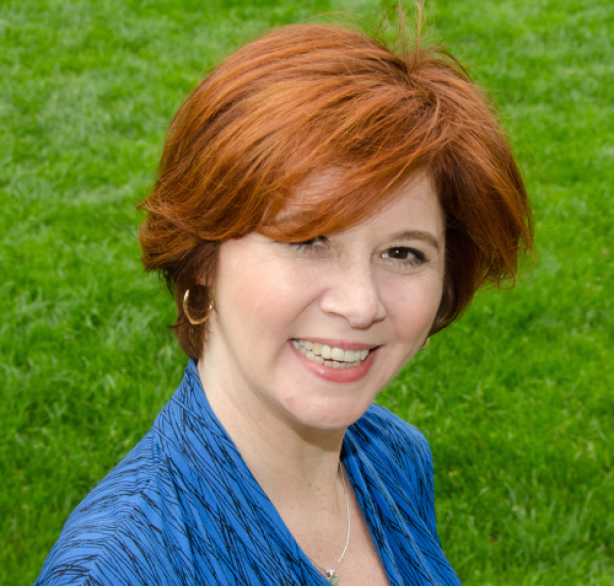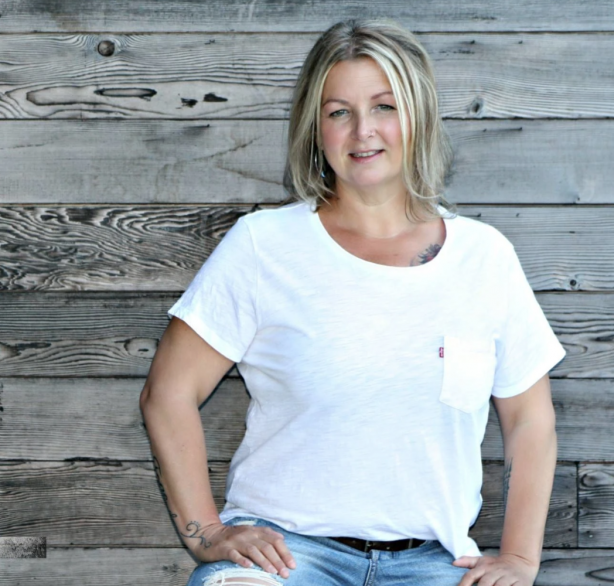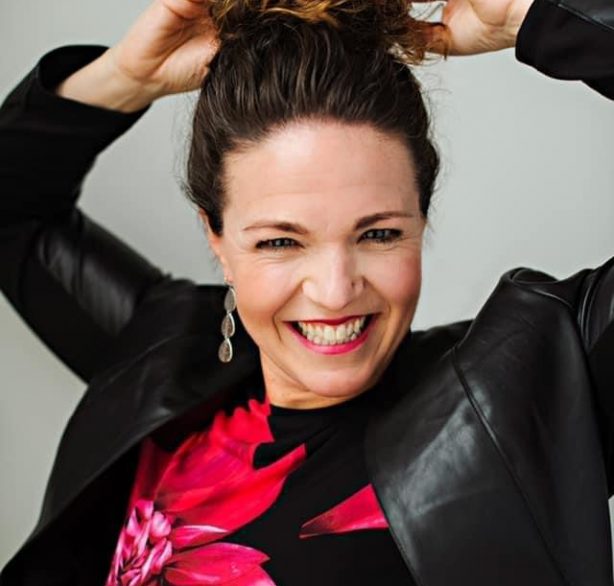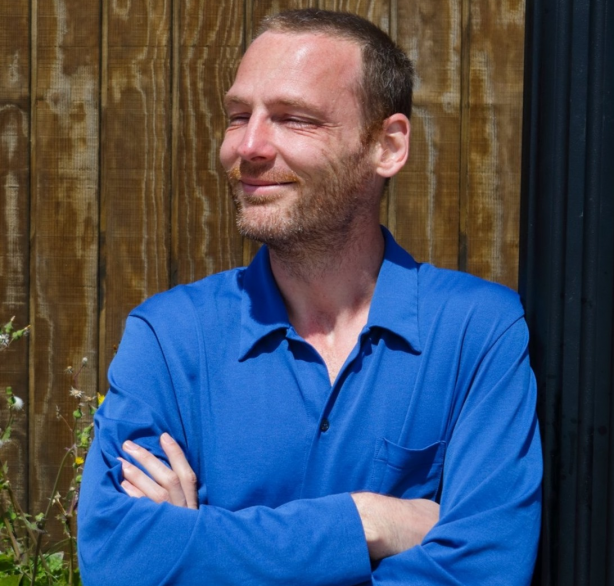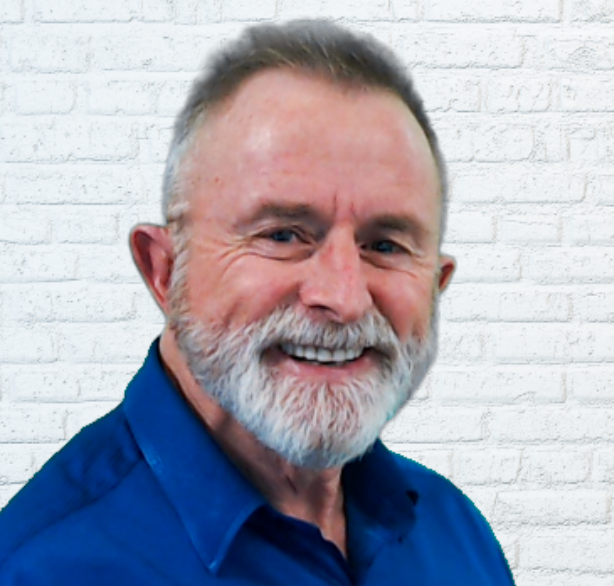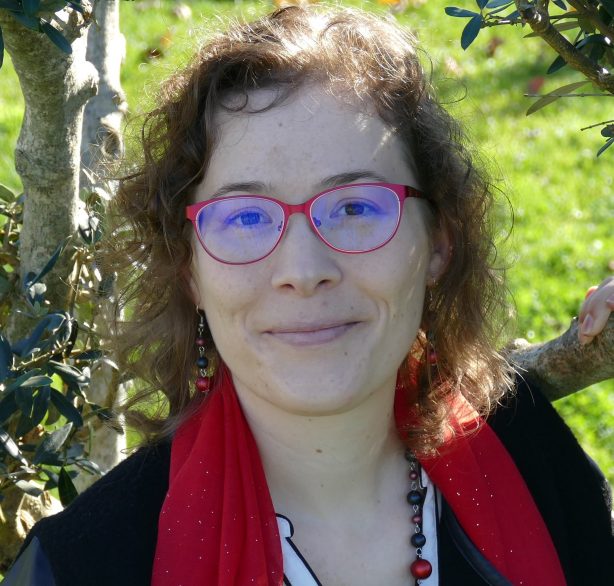Who are you?
My name is Spiros and I am a coach, meditator, father and husband. I created Coaching Under The Tree to help individuals like you to live a more fulfilled life by breaking-through your comfort zone and discovering your values.
Having struggled with depression and having fought my own limiting beliefs, I found meaning and purpose in my life by showing up in adversities and serving others.
I hold a qualification from Animas Centre for Coaching and currently support individuals and groups through a blend of coaching and meditation. Through my own experience, I developed a strong determination to support others balance their work and life, while they engage fully to life, regardless what their inner critic whispers.
In my free time, I practice Thai massage and voluntarily supports elderly groups with meditation and chair yoga. I also loves nature, spending time with my son and playing the guitar.
Watch the full and inspiring interview with Spiros
If you prefer reading, here is the transcribed interview
Ziv: Hello, Spiros. Welcome to our Kai interview.
Spiros: Hello, Ziv. How are you?
Ziv: I’m good, thank you. And you?
Spiros: I’m good, too.
Ziv: Perfect. Let’s start by telling us a bit about yourself.
Spiros: Yeah, sure. Well, I’m a coach, but my background is totally different. I have a Bachelor’s in physics and a Master’s in AI. And I have been working as a software developer for many years.
But at some point in my life, it was not fulfilling for me anymore. I was eager for a human connection. And somehow by working with my values, I realized that I have to change career. I have to do something else. And obviously a lot of things happen. But long story short now I’m a coach and I work with people to help them to to live a more fulfilled life.
Ziv: Thank you. So what does it mean to live a more fulfilling life?
Spiros: Well, I think it’s it’s personal for every for anyone.
It doesn't mean that what is fulfilling for me will be for you or for someone else. Share on XBut I believe that to be authentic to to really realize what are your values and what kind of person you want to be in this life and working in line with these values. It brings you some kind of contentment, you feel right with who you are. So I really believe that it has to do a lot with authenticity to know who you are and acting like that.
Ziv: And the values are important for that. Why?
Spiros: Well, values are important because they give us a direction in life, and if you allow me, I would like to to say a few things about values and goals, because a lot of people, there’s a lot of confusion between values and goals.
Values give us a direction and they are ongoing and they tell us what kind of person we want to be in any moment. Share on XWe cannot tell them now. We don’t have to wait for something else in the future to happen. And you can think about the difference. Let’s take getting married and being loving. Getting married is a goal. When your wedding day comes, you can just cross it off your list and it’s done.
But being loving and not lovingly, you don’t have to get married. You don’t even have to have a partner. You can act lovingly to your parents, your friends, even to a stranger and I like to use this metaphor, so imagine that goals are like a GPS device.
Because in a GPS you can put where your destination, you can put your current location and tells you everything. It can tell you how long it will take you to reach there, what kind of things you have to take, everything.
Values are more like a compass. The compass doesn't tell you anything about how long it will take you to reach your destination. It doesn't tell you where you have to turn. It just shows you your north. Share on XIt just shows you you’re north. And that’s that’s a beauty because life is not about the destination, it’s about the journey. It’s about what we do from now until we die.
Ziv: Do we need a goals to know that we are on the right way in our campus journey or it’s two different separate things?
Spiros: Well, they are separate, but I believe that we live in more fulfilled life when our goals, at least most of them or the most important ones, are aligned with our values.
Because if you set goals that don’t really mean something to you, you just do them because of the culture, because of your background, because of your parents, your school or your friends, whatever you’re here and you believe that this is what you have to do, then at some point, you will find the barriers.
For example, if you want to go to the gym because you believe that your appearance will be better, but you don’t really value the appearance. You may start going to the gym. You may have a healthy diet, but at some point you will not be able to move forward because I believe values are self-motivators. They move you towards your goals.
Ziv: Is there a chance that I don’t know that I value my appearance, I don’t dare to tell it to myself, so I go to the gym. But if you will ask me to tell you now, I don’t really care.
I’m here for for my health. But actually, I didn’t find that place in me that admits that I value appearance.
Spiros: You know, obviously, I mean, so what’s your question?
Ziv: So the question is that in a way, on one way, goals can show us if we are in the right way, but maybe they can show us that to discover the way.
Spiros: That’s where we are. I mean, in this life, you have to discover everything. No one is somewhere to tell us. You have to do that. You have to do that. And you have to explore. I mean, even when you realize your values and you set goals that are aligned with them doesn’t mean that this will stay the same for the rest of your life.
For example, when I was younger, I was really valuing freedom. You know, I like to travel and everything. But when when my son was born, I had to prioritize my values so, being supportive towards my family and in general for the community. Now it’s higher than the sense of freedom. But obviously by trying different values, there are ways to realize your value by setting different goals.
There are ways to realize your values, too. But there are other ways to realize your values that are faster instead of just exploring randomly.
Ziv: Interesting. So, what you say that like we have a few options. One is we need to make sure that our goals and our values align. Two is that we can decide that now we change our values and we no longer believe in a certain value that we held for, and now we change to a different value.
And there is that another option where the goal discovers the value. We do something and then we say, why do we do it? And then we realize that that it’s important for us and it is a value through our actions.
Spiros: There are no limitations, but I don’t want to see them like options. Like I’ll get the option B.
That’s why I mentioned before about authenticity because if you know who you are, then your goals will be about that which will be along aligned with your values. Does it make sense?
Ziv: It does. I try to understand if the values help us to discover and to know who we are or thanks to who we are, we can define our values.
Spiros: You cannot really separate them because values are something internal. It’s not something external. You can’t say, “Okay, I’m going to adopt this kind of value now”. So depending on your upbringing, your education, your past experiences, everyone is different.
Everyone is individual, has its own experiences. And based on that, we have different values. And as I said values change as we grow older.
So, there’s no clear distinction. What comes before? I mean, it’s like the chicken and the egg. What comes first? I think it’s both. Both at the same time.
Ziv: Ok, so now we mapped let’s say my values. I understand better what my values are. I understand better who I am. What’s next?
Spiros: Then set goals aligned with these values. But again, there’s a lot of misunderstanding around goals because people can put some goals that they are not measurable, they are not really specific, and then they are just lost. The way that they like to describe it to my coaching clients is that you have to be specific on your goal. And the way I explain it is imagine that you have your last wish from a genie.
And you have to be specific because the genie will try to fool you. So if you ask for more money, the genie will give you one pound and then you will have more money. On the same time, you have to be specific on your deadline because if you ask for a million pounds, maybe your genie gives you this billion pounds when you are 90 and then there’s not much value. There is nothing you can use this money for. So you have to be specific on your goal and the outcome and also in the deadline.
You have to put attainable goals, at least in the beginning. I mean, I really encourage my clients to put impossible goals, but not in the beginning, because if you put let’s say I want to run a marathon next week, but I’ve never run before, most probably I will fail and then I will be discouraged. But if I take baby steps and I get the momentum, then it’s really beneficial to to have impossible goals because that’s why we are here, you know, to discover our potential.
And the potential is never around our comfort zone. We have to get out of it. We have to dream big. Share on XAnd the third part of the goal is what we discussed already, that the goals have to be aligned with the values because, I mean, they don’t have to, but they are really helpful to be aligned with the values.
Ziv: So maybe long term, impossible goals with baby steps toward them. And you said that we need to be very specific with our goals. Can you give an example for a specific goal? How do I phrase a specific goal to myself?
Spiros: For example, going to the gym, which is all exercising. Now with the lockdown, a lot of people just stayed home in the couch, which is comfortable but I realized that a lot of people wanted to exercise, but they just a few of them did. So a specific goal is to say not say, I want to start exercising. I want a more healthy life. You have to be more specific. You can say, OK, I want to exercise three times per week or four times per week, and that means 30 minutes each time.
But you have to put also a little bit of window there because life happens. Some days, maybe you have some other chores or some other things to do. So you have to have a window of kind of let’s say if you say four times per week, you can set your success by even going for three times if you go four times or even five, six, seven times per week for training, that’s fine.
But your goals should be at the beginning again, in these varies with client to client, but at least the beginning you should have something to measure four times per week, but it should be also a success if you go, let’s say, three times and this depends on the person. As I said, you know, it’s not some numbers that I will come up. It’s what the client brings in the session.
Ziv: Spiros, that’s really interesting and now for the last question, our time is about to end And the last question is what I didn’t ask you that I should have.
Spiros: I don’t know, I mean, it’s a short interview, so there are so many things we can talk about and regarding values, authenticity, I mean, I could talk forever.
The other thing that I find very, very interesting is about a part of my coaching, it’s about existentialism and it comes to hand with values because working extensively is about living the good life, is about making the right choices, is about who we are, be authentic out there.
And I mentioned a few times being authentic, but that’s how I believe the world will become a better place by just showing up with our weaknesses, with our strengths, with everything, because even we believe that something is a weakness in us.
Maybe when we show up it will help someone else to to progress and we will learn something from the process, obviously. And well, that’s how I believe that the world will become a better place to just show up with whatever we have.
Ziv: Show up with whatever we have, weakness or strength just to show up with that. Thank you very much for this interview, for your time, your experience or knowledge for sharing it with everyone.
Spiros: Thank you, Ziv. Can I take this opportunity and make a coaching offer to your audience?
Ziv: Of course.
Spiros: So I would like to, because we live in very unpredictable times. So I would like to offer to the first five people who will contact me mentioning your website. I want to offer 30 percent off in my coaching programs. And perhaps you will find the link in the description of this interview.
And I mean, you don’t have to lose anything because I offer anyway the first session for free. It’s a full session. It’s almost one and a half hours. So we can discover together what’s missing, what you can do. And you can also take advantage of this offer.
Ziv: Thanks, Spiros, for your generous offer and keep the good work.
Spiros: Thank you, Ziv. It was really nice talking with you.
Ziv: For me, also.
Additional Notes
Click here to try out Spiros’s simple but powerful exercise that will help you gain clarity around your most important values.
Discover more about Spiros on his website, Facebook or Instagram.



